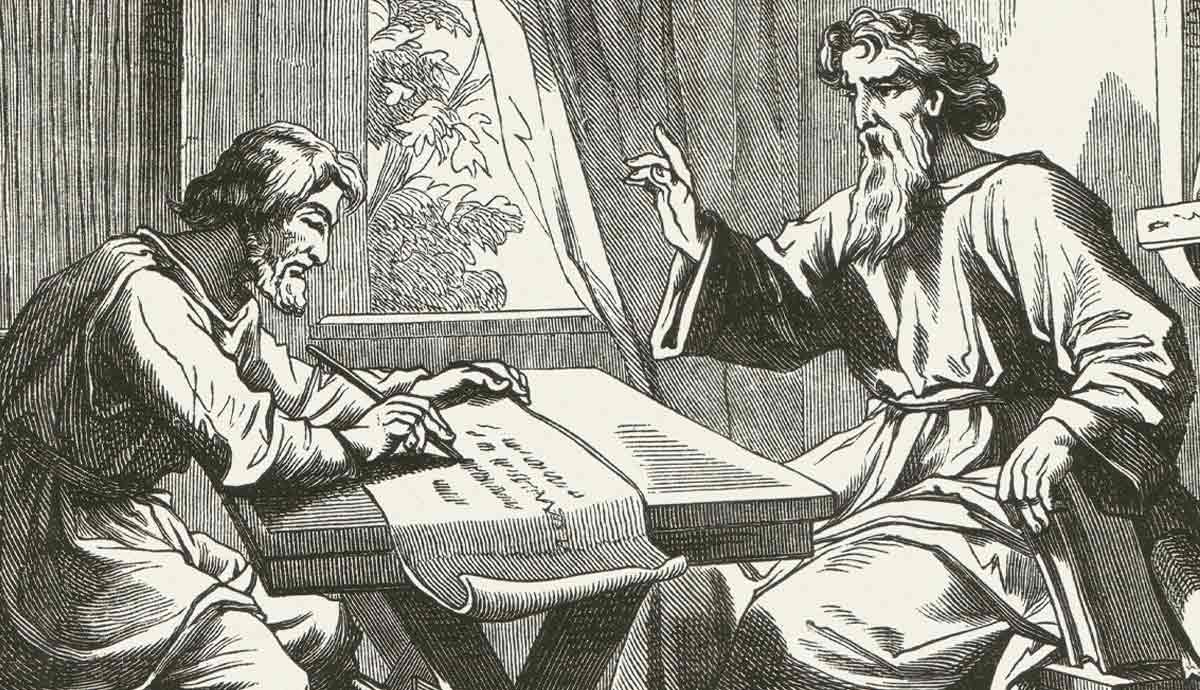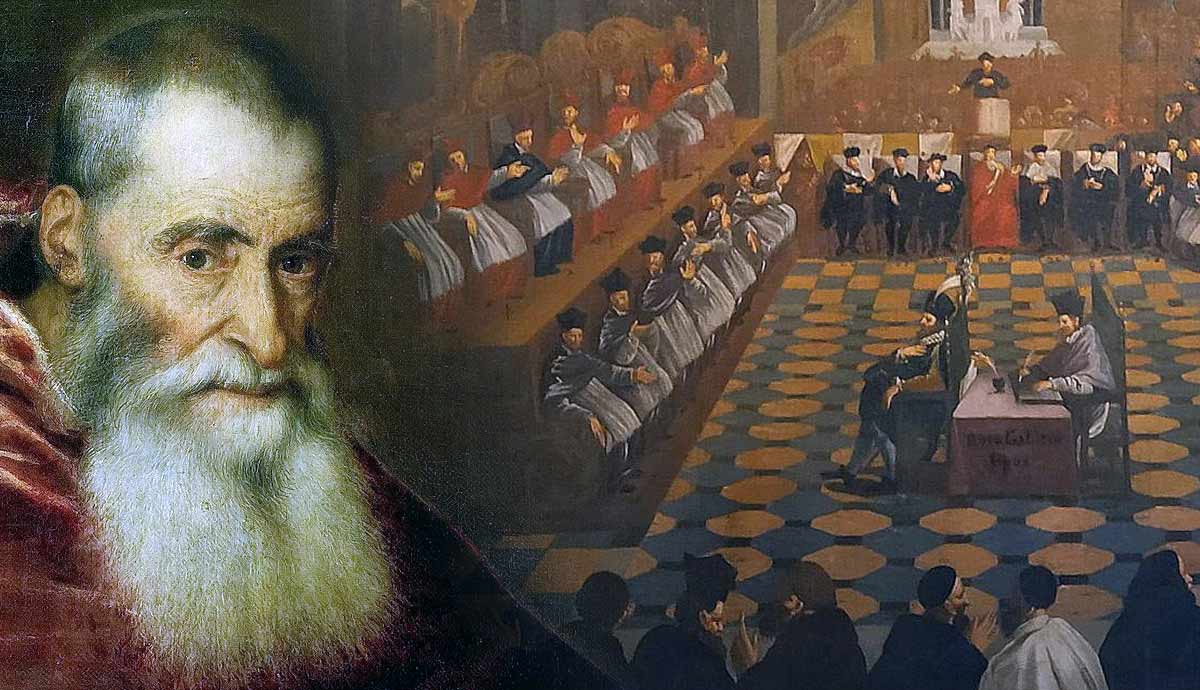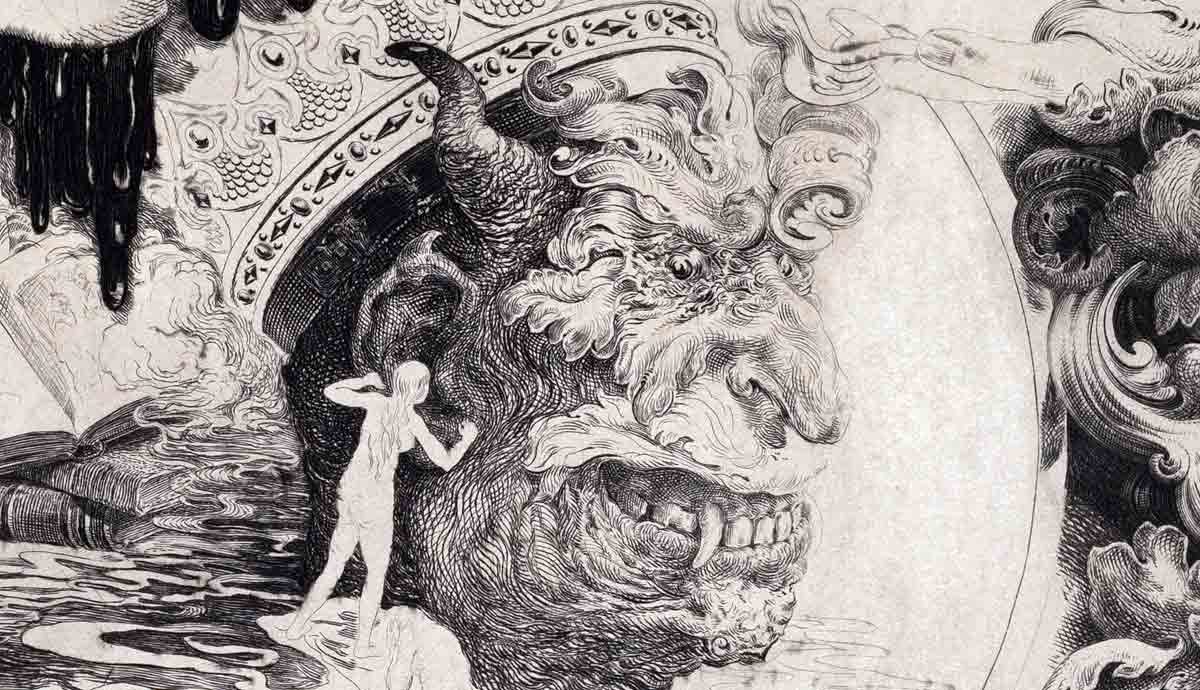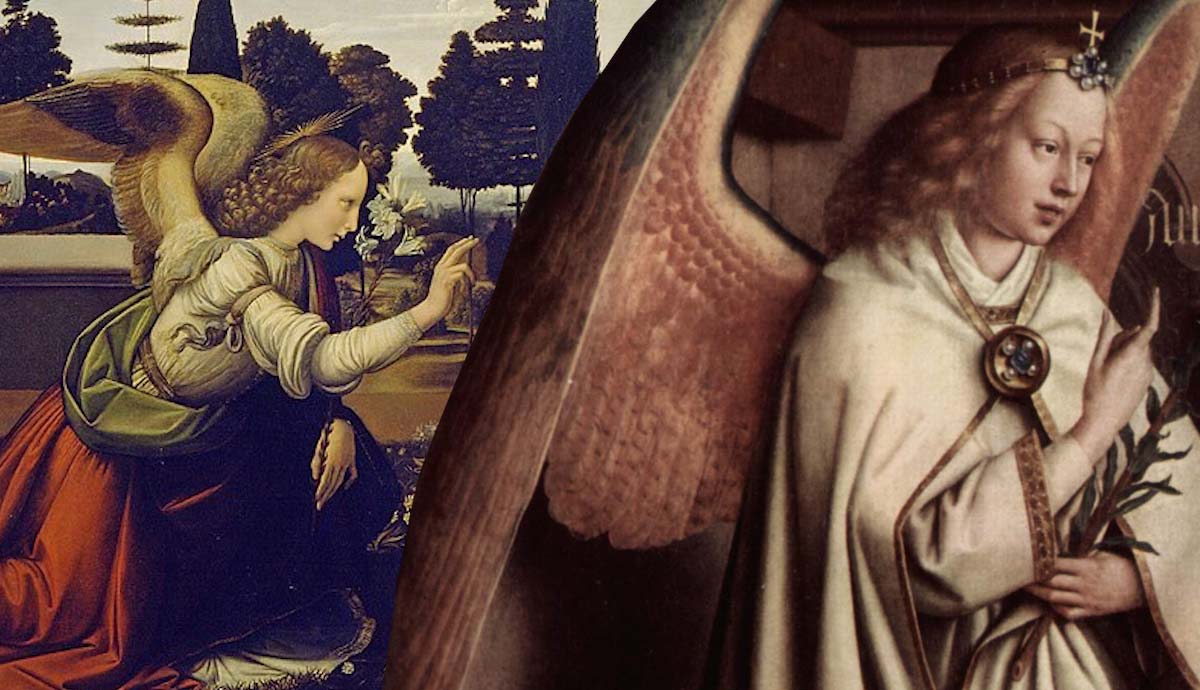
John the Baptist was more than just a prophet. He was the cousin of Jesus and God tasked him with preparing the way for Jesus. But what did that mean? John showed significant insight into who Jesus was and how he would fulfill the Old Testament type of Christ. John lived a simple lifestyle, yet he did not hesitate to call out political leaders and the social elites of his day. His outspokenness resulted in his death by trickery, exploitation, social pressure, and Herod’s spinelessness.
Calling of John the Baptist

Had it not been for the Gospel of Luke, we would know much less about John the Baptist. Zachariah and Elizabeth, both from the tribe of Levi, could not have children well into their old age. On one occasion, while Zachariah was performing his priestly duties in the Temple by burning incense on the altar, the angel Gabriel appeared to him. Gabriel informed Zachariah that his wife would conceive, and the child must be called John (Luke 1:13). The child would be filled with the Holy Spirit from his mother’s womb, signifying the divine hand would bless his life and ministry with guidance. John would be a person dedicated to turning the people he ministered to, to God.
Zachariah, in disbelief, wanted to know how he could be sure the message Gabriel gave was true, and he was unable to speak from that day until John was born. When Elizabeth was six months pregnant, Mary received a visitation from Gabriel and was told that she would miraculously conceive and must call her son Jesus. Mary and Elizabeth were related, but their exact relationship is not clear. Some scholars speculate that they were cousins, but the Greek term for “related” (συγγενίς, syngenis) refers to a general familial relation or kinship and does not specify cousins.

Mary and Elizabeth seem to have been close, based on Mary visiting Elizabeth and what occurred during the visit. When Elizabeth heard Mary’s greeting, the baby leaped in her. Elizabeth knew Mary would be the mother of the Messiah.
When Elizabeth gave birth and was about to have the child circumcised on the eighth day as per Jewish custom, the family and friends expected the child to be called Zachariah after his father. Elizabeth said no, the boy must be called John. They enquired from Zachariah what he wanted to name the boy; he wrote on a tablet: “His name is John.” Immediately after that action, Zachariah could speak again.
John’s Ministry

John lived a life of asceticism, wearing camel hair clothing, residing in the wilderness, and eating wild honey and locusts. His ministry was foretold in the prophecy of Isaiah 40:3 and he preached a baptism of repentance and pointed those who heard him to Jesus as the antitype of the lamb slain in the Old Testament ceremonial system (John 1:29, 36).
The baptism John preached should not be confused with later baptism as a symbol of the dying and rising with Christ. John’s baptism symbolized purification in preparation for the coming Messiah. It seems to have served as a warning to those of Israelite descent that they were in danger of missing the mark by thinking they somehow would have an inherited place of preference in the system the Messiah would unveil. Matthew recorded:
“But when he [John the Baptist] saw many of the Pharisees and Sadducees coming to his baptism, he said to them, ‘You brood of vipers! Who warned you to flee from the wrath to come? Bear fruit in keeping with repentance. And do not presume to say to yourselves, “We have Abraham as our father,” for I tell you, God is able from these stones to raise up children for Abraham. Even now the axe is laid to the root of the trees. Every tree therefore that does not bear good fruit is cut down and thrown into the fire. I baptize you with water for repentance, but he who is coming after me is mightier than I, whose sandals I am not worthy to carry. He will baptize you with the Holy Spirit and fire. His winnowing fork is in his hand, and he will clear his threshing floor and gather his wheat into the barn, but the chaff he will burn with unquenchable fire.’” (Matthew 3:7-12)

Jesus came to John to be baptized by him. It was not a case of repentance, because Jesus had no sin. In this instance, it was the moment Jesus took up the task of Messiah (Anointed One) and his ministry started as a dove, the symbol of the Holy Spirit, descended on Jesus and the Father’s voice said: “This is my beloved Son, with whom I am well pleased.”
John ended up in prison due to his outspoken opposition to Herod Antipas’s illicit marriage to Herodias. In those circumstances, John became unsure about the nature and ministry of Jesus, so he sent a message to his kinsman asking: “Are you the one who is to come, or shall we look for another?” Jesus presented his ministry of miracles and wonders as evidence that he was the authentic Messiah God’s people have been waiting for.
Death of John the Baptist

Herod Antipas was the son of Herod the Great, who ordered the massacre of the innocents to kill Jesus. When he died, Antipas took his place as tetrarch of Judea and Perea where he ruled under Roman oversight from 4 BCE to 39 CE.
Herod found John a fascinating and perplexing character and he seems to have had much respect for the prophet. Antipas likely found John’s messages intriguing and compelling, challenging his own worldview and lifestyle. The Bible notes that Antipas “kept him [John] safe” (Mark 6:20). This likely means that Antipas prevented an earlier persecution of John and would not rule against him unjustly.
However, Herod’s wife Herodias despised John and wanted him dead. Herodias was formerly the wife of Herod Antipas’s brother, which made her marriage to Antipas illegitimate. Likely knowing her husband’s sentiments toward John, she knew she had to devise a plan to trick and manipulate Antipas into taking John’s life. Antipas’s birthday celebration presented the ideal opportunity to set her plan into action.

The event was attended by “nobles and military commanders and the leading men of Galilee” (Mark 6:21). Herodias’s daughter entered and danced before Herod Antipas and his guests and her performance pleased the onlookers. Antipas, in the light-hearted spirit of the moment, vowed to give Herodias’s daughter, Salome, anything she asked for, up to half of his kingdom. This was a very irresponsible vow, but it was witnessed by all the guests who attended the event.
Salome was unsure what to ask for, so her mother urged her to ask for the head of John the Baptist. The daughter requested the vow be fulfilled immediately and Antipas was under pressure to keep his word. Because of the guests who attended, Antipas would lose face if he did not oblige immediately, though he must have been conflicted in his heart and mind about executing John. Nevertheless, because of those who sat at his feast, Herod instructed that John must be beheaded at once.
John’s head was presented to Salome who promptly gave it to her mother, the instigator of the plot. The character of Herodias is evident from the way she tricked her husband and manipulated her daughter to take the life of an innocent man. Salome possibly had no idea of the greater plot of events that occurred behind the scenes.
According to Matthew 14:13, Jesus was so moved by the news of his kinsman’s execution that “he withdrew from there in a boat to a desolate place by himself.” John was unjustly killed just as Jesus would be some time later. There, as during the death of John the Baptist, Herod Antipas would play a role in Jesus’s trial (Luke 23:6-16).

John the Baptist fulfilled a role reminiscent of Elijah. When Gabriel announced to Zachariah that he would have a son, the angel said John would come “in the spirit and power of Elijah.” Jesus confirmed that John was “the Elijah who was to come.” (Matthew 11:14) Jesus explained that the expected “Elijah to come” had already appeared but was not recognized and was done with as the powers that be pleased. The disciples understood that Jesus was referring to John the Baptist.
John the Baptist and his ministry find their roots in Old Testament prophecy. Like Elijah, he ministered in spirit and power, preparing the way for the Messiah and his ministry. He set an example of dedication and commitment, though his human nature and doubt showed when he found himself imprisoned.
